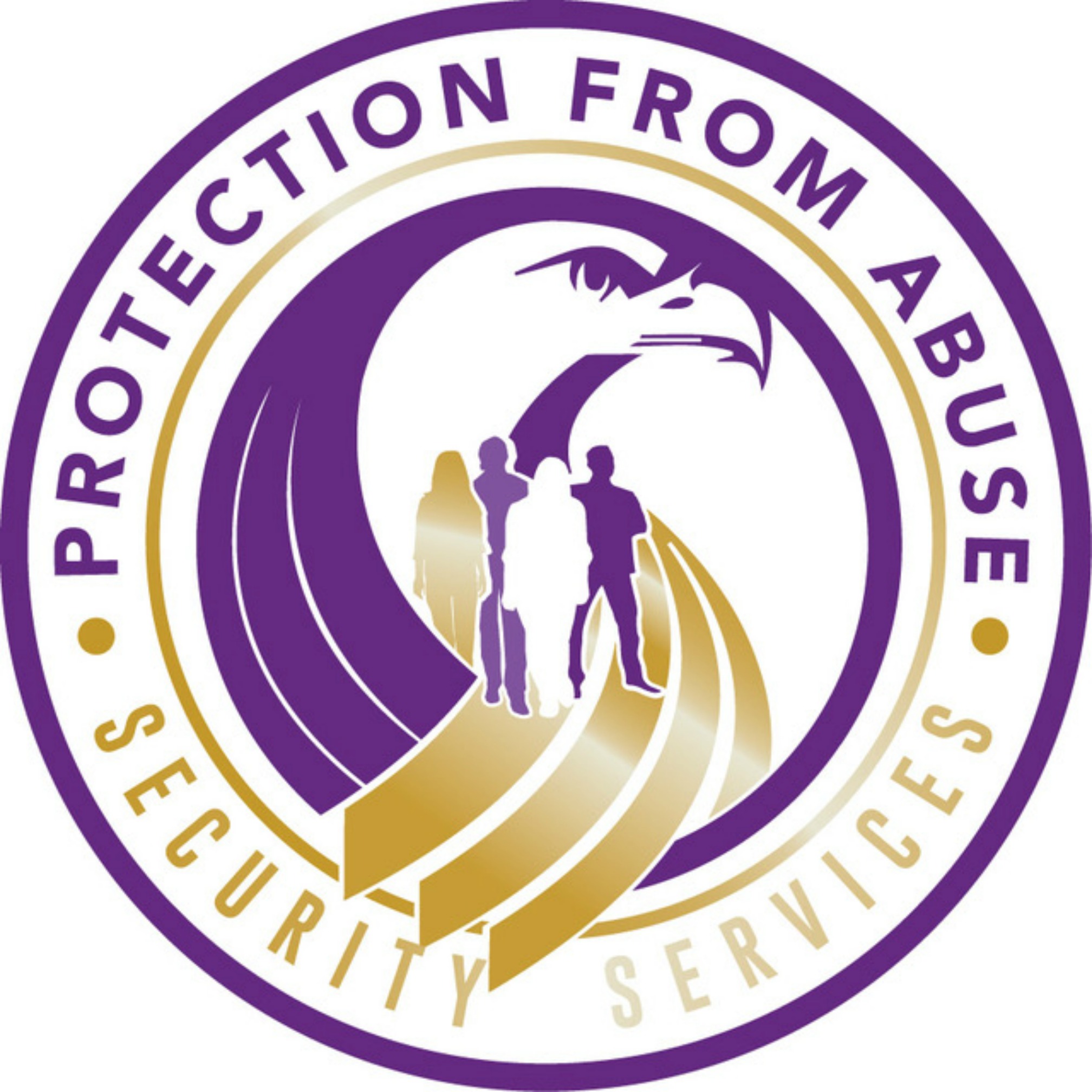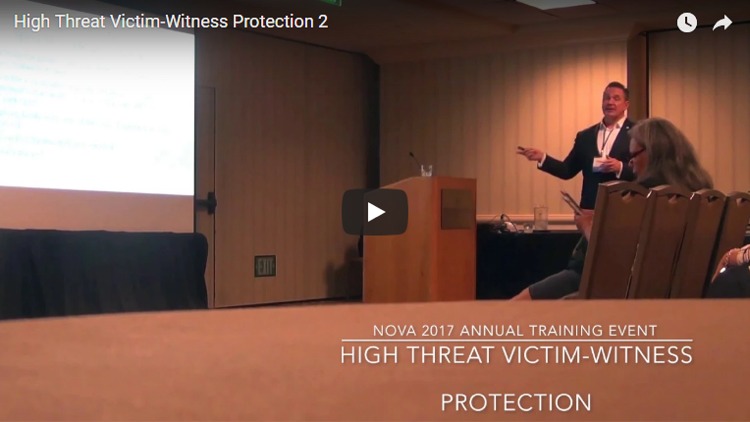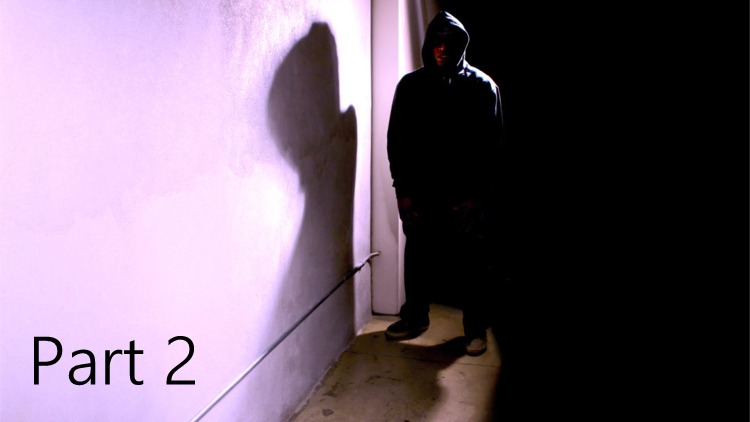Should You Intervene If You Witness Domestic Violence? Yes, and No
 There is a YouTube video of a so-called “Swedish Social Experiment” that is making waves on the internet with over nine-million views and counting. The “experiment” involves staging domestic violence incidents, and secretly filming the reaction of witnesses. The “experiment” either illustrated how apathetic society is toward domestic violence, or how fearful and reluctant the public can be to intervene on behalf of a victim of crime.
There is a YouTube video of a so-called “Swedish Social Experiment” that is making waves on the internet with over nine-million views and counting. The “experiment” involves staging domestic violence incidents, and secretly filming the reaction of witnesses. The “experiment” either illustrated how apathetic society is toward domestic violence, or how fearful and reluctant the public can be to intervene on behalf of a victim of crime.
I posted the article and the video to our Facebook pages, and we received some very interesting replies. Almost everyone who commented claimed they would intervene in some manner if they witnessed a domestic violence incident. The comments ranged from those who claimed they would violently intervene against the abuser, to more cautious approaches like contacting the police. Yet, in the “Swedish Experiment,” only one out of fifty-three persons intervened. Interestingly, the experiment fails to mention how many people, if any, contacted the authorities.
As a security professional who protects at-risk victims of domestic violence from dangerous abusers, the question of whether to become involved in a domestic violence incident poses some dilemmas worth considering. Morally, we should not permit violence against innocent persons. Legally, there is no shortage of people who have intervened in violent incidents and either became victims themselves, or have faced criminal charges for inappropriate use of force. And, as a practical matter, one must consider if they can adequately respond to a potential and serious escalation of violence by a dangerous abuser.
So, should you intervene if you witness domestic violence? Here is what you need to know:
· According to studies, 19% of domestic violence involves the use of a weapon, and in intimate partner homicides 20% of victims were not the intimate partners themselves, but family members, friends, neighbors, persons who intervened, law enforcement, or bystanders.
· From 2010 to 2014, U.S. Law Enforcement line of duty deaths was studied, and a Domestic Dispute call was more lethal than theft, man with gun, shots fired, burglary, robbery, and officer needs assistance by far.
· Many domestic violence abusers are not only violent, but can be very dangerous persons with violent criminal histories, mental illness, substance and/or alcohol abuse problems, or possess special training like former and current law enforcement, or military.
The risks are clear. Direct intervention in a domestic violence incident can be dangerous. In addition to the obvious dangers, there are some not-so-apparent considerations when dealing with domestic violence; your intervention may actually put the victim in greater danger after you are gone. Domestic violence is a pattern of control and violence. A dangerous abuser is far more likely to blame the victim for your intervention, which can imperil the victim further.
For the average citizen, unless the victim is in danger of suffering serious injury or death, I recommend you at least contact the authorities. Whatever you do, carefully consider your safety and that of the victim, and please do not be one of the 52 people in the “Swedish Experiment” who apparently failed to do anything at all.
©2017 Steven J. Dana, All Rights Reserved








Yes Steve my experience is no one really wants to be involved